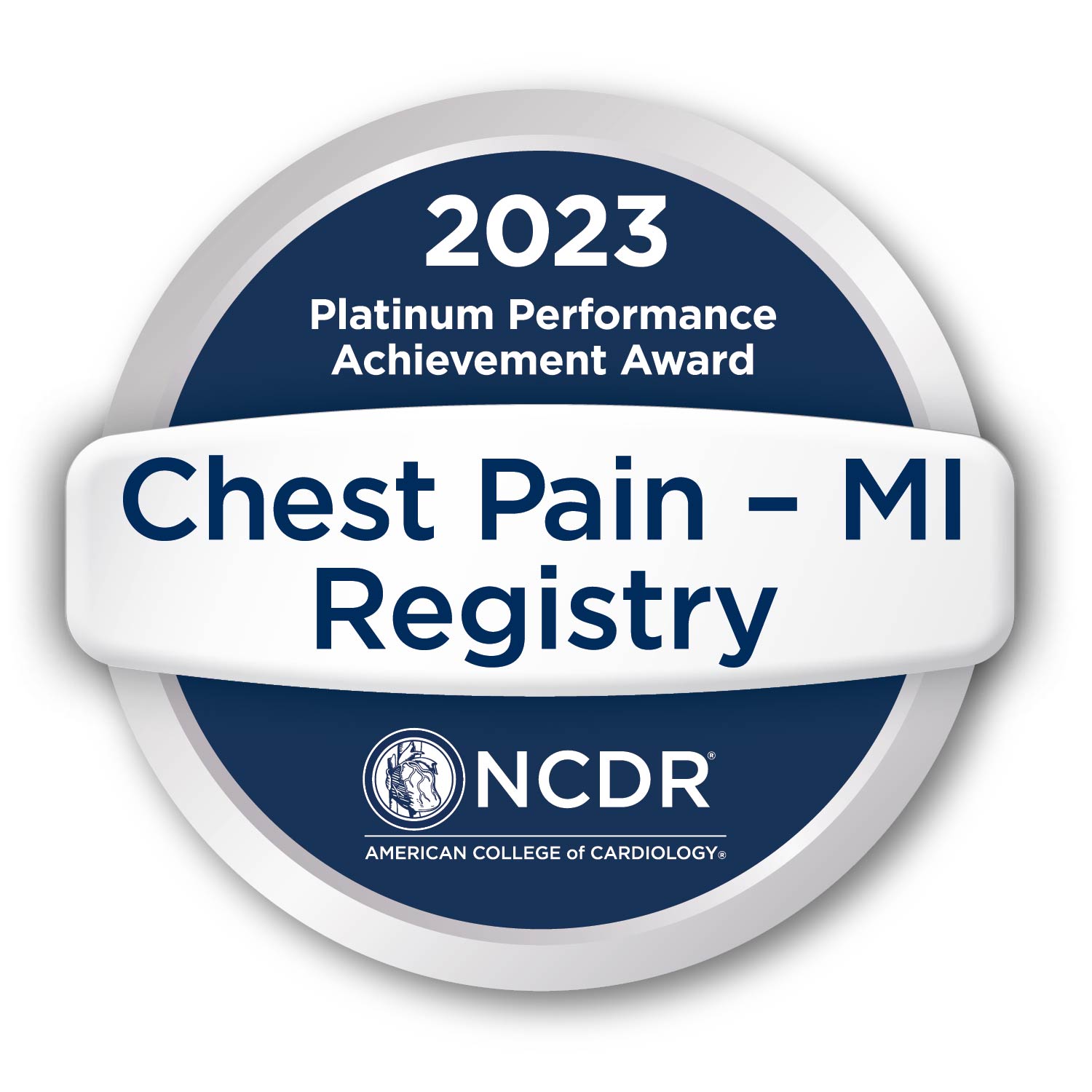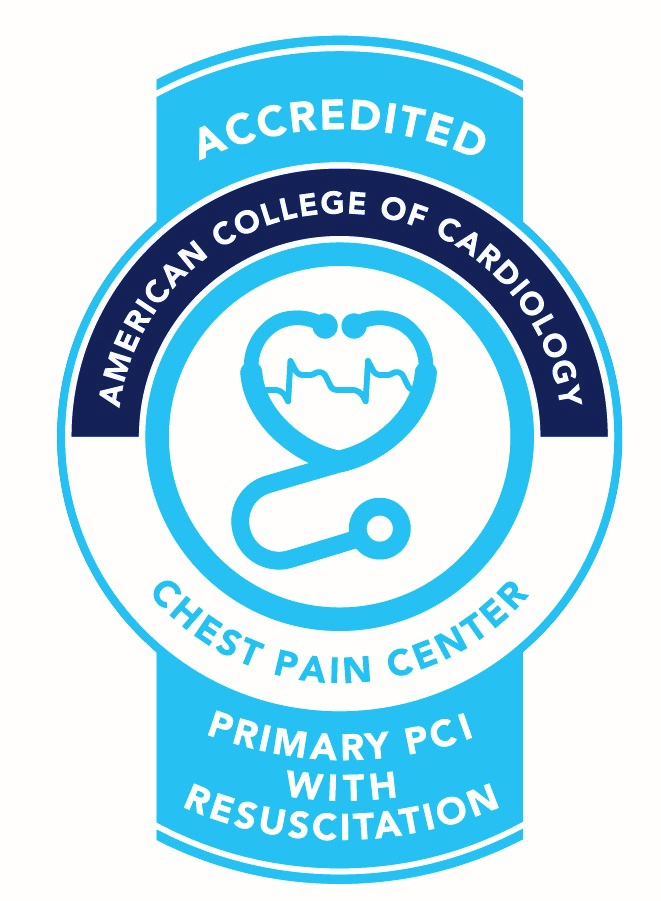Interventional Cardiology
Interventional cardiology is a specialty that diagnoses and treats heart and blood vessel conditions using small tubes called catheters. Cardiologists use these small tubes, which they put through your blood vessels, allows providers to avoid doing open-heart surgery. Yet they achieve results that can be lifesaving, like when treating a heart attack.
Cleveland Clinic is a non-profit academic medical center. Advertising on our site helps support our mission. We do not endorse non-Cleveland Clinic products or services.
What is interventional cardiology?
Interventional cardiology uses catheters to diagnose and treat heart disease. Catheters are very small tubes (similar to IVs) that healthcare providers put through your blood vessels. This is why you don’t need an incision for a procedure that uses a catheter.
Interventional cardiologists help people with vascular (blood vessel) and coronary (heart) diseases. These diseases include heart valve defects and septal defects — abnormalities in the walls separating your heart chambers.
Interventional cardiology procedures are performed in a cardiac catheterization lab. Saint Alphonsus has cath labs at both Saint Alphonsus Regional Medical Center in Boise and Saint Alphonsus Medical Center in Nampa.
Interventional cardiology conditions:
- Aneurysm
- Atherosclerosis
- Aortic valve stenosis
- Atrial septal defect
- Carotid artery disease
- Chronic venous disease
- Coronary artery disease
- Coronary artery fistula
- Heart attack
- Heart valve disease
- Hypertrophic cardiomyopathy
- Thromboembolic disease (blood clots)
Interventional cardiology procedures include:
- Cardiac catheterization
- Angiogram
- Angioplasty
- Coronary atherectomy
- Fractional flow reserve
- Intravascular ultrasound
- Optical coherence tomography
- Stent placement
- Heart valve placement and repair
- Left atrial appendage closure
- Atrial septal defect closure
- Patent foramen ovale closure (PFO)
- Thrombolysis
Additionally, there are specialized interventional cardiologists who treat structural heart conditions as well as interventional cardiologists who offer complex high-risk procedures for certain heart conditions.
Awards and Accreditations

Saint Alphonsus Regional Medical Center and Saint Alphonsus Medical Center – Nampa have received the American College of Cardiology’s NCDR Chest Pain ̶ MI Registry Platinum Performance Achievement Award for 2023. Saint Alphonsus is one of only 262 hospitals nationwide to receive the honor. The award recognizes Saint Alphonsus’s commitment and success in implementing a higher standard of care for heart attack patients and signifies that Saint Alphonsus has reached an aggressive goal of treating these patients to standard levels of care as outlined by the American College of Cardiology/American Heart Association clinical guidelines and recommendations.

The American College of Cardiology has recognized SARMC for its demonstrated expertise in treating patients with chest pain. SARMC is the only one in the state of Idaho to be awarded Chest Pain Center Accreditation with Percutaneous Coronary Intervention and Resuscitation. Certification is based on rigorous onsite evaluation of the staff's ability to assess, diagnose and treat patients who may be experiencing a heart attack.

Saint Alphonsus Regional Medical Center in Boise is the first hospital in Idaho to be designated by the State of Idaho’s Time Sensitive Emergency Statewide Council (TSE) as a level I+ STEMI Center. SARMC meets all the criteria set by the State of Idaho to care for the most critical heart attack patients who experience cardiogenic shock and heart failure.

